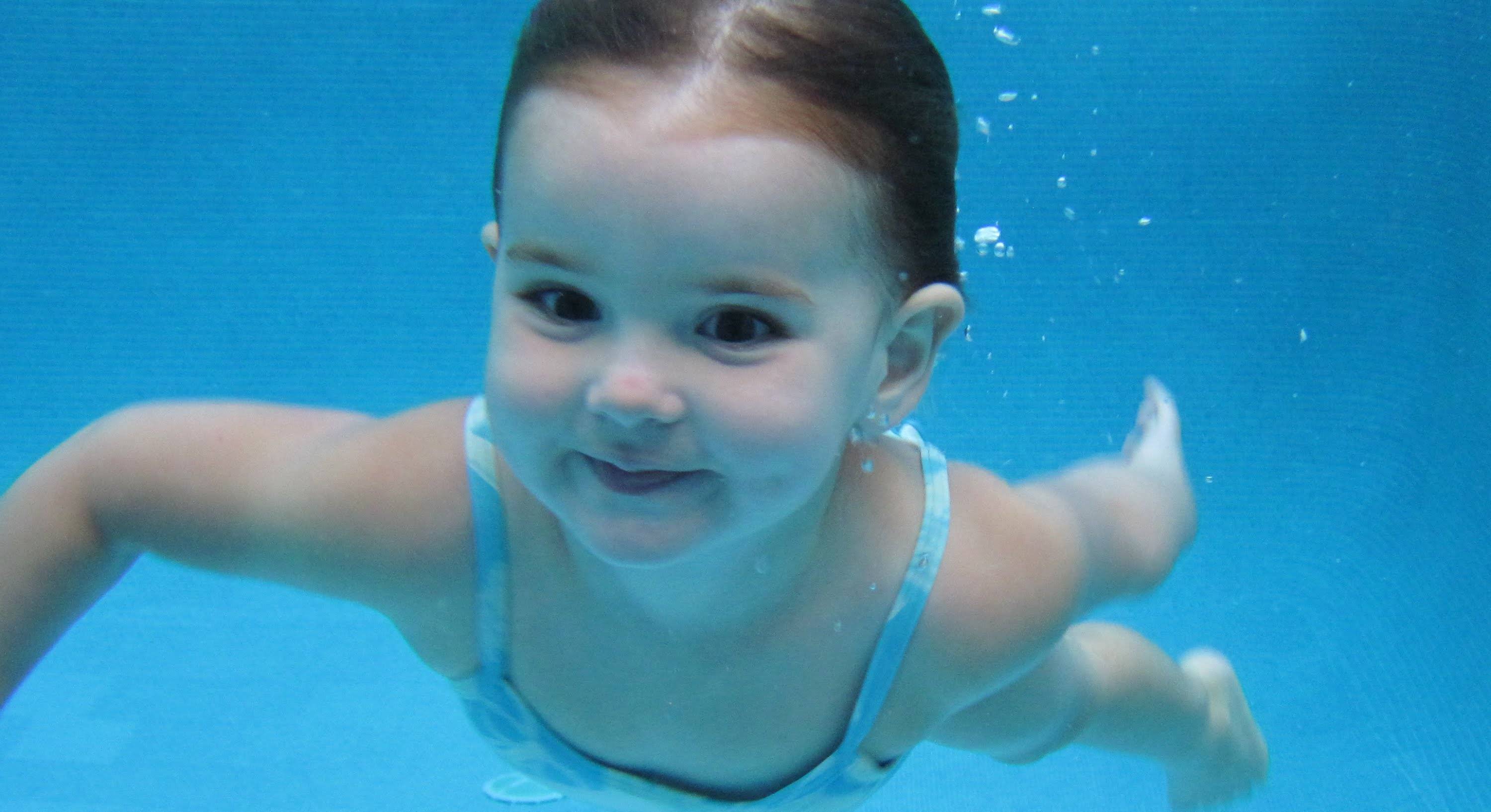Summer safety tips: Keep these things in mind before going to swimming pool

Hindustan Times
A dip in the pool is one of the most pleasant ways to cool off in summer, but splashing around does come with some safety concerns, especially for kids. Pool time, and time spent in hot tubs, water play areas, lakes and the sea can spread recreational water illnesses (RWIs), increase the chances of burning, and even drowning, especially with young children. Pay special attention to children and keep an eye on them at all times.
Check the water
Properly treated recreational water is less likely to spread germs that lead to illness, so check that the water’s pH and free chlorine or bromine concentration are correct. Also check that a trained lifeguard is on guard and/or adequate safety equipment such as a rescue ring or pole is available.
For more tips, you can do your own inspection using a simple 4-step cheklist.
Check and clean yourself
Keep dirt and bodily fluids such as pee, poop, sweat and blood out of the water!
Shower before you get in, and stay out altogether if you have an open wound (for example, from surgery or a piercing) that is not covered with a waterproof bandage, or if you have diarrhea. For parents remember that swim diapers and swim pants should not be used as a replacement for frequent diaper changing and regular trips to the bathroom, and do not protect against diarrhea (the most serious water contaminant) from leaking into the water.
 Protect from the sun
Protect from the sun
You can still burn when in the water, as the sun’s rays reflect off its surface, so don’t forget the sunscreen. Protect yourself by using a sunscreen with at least SPF 15 that blocks both UVA and UVB rays.
Take hourly breaks
To keep the water clean take kids on bathroom breaks every hour and check and change diapers away from the water.
Some more precautions
Reapply sunscreen and drink water at regular intervals, to ensure everyone is taking in plenty of fluids in the heat. Also remember to dry ears thoroughly with a towel after swimming to prevent ear infections.



Leave Comment